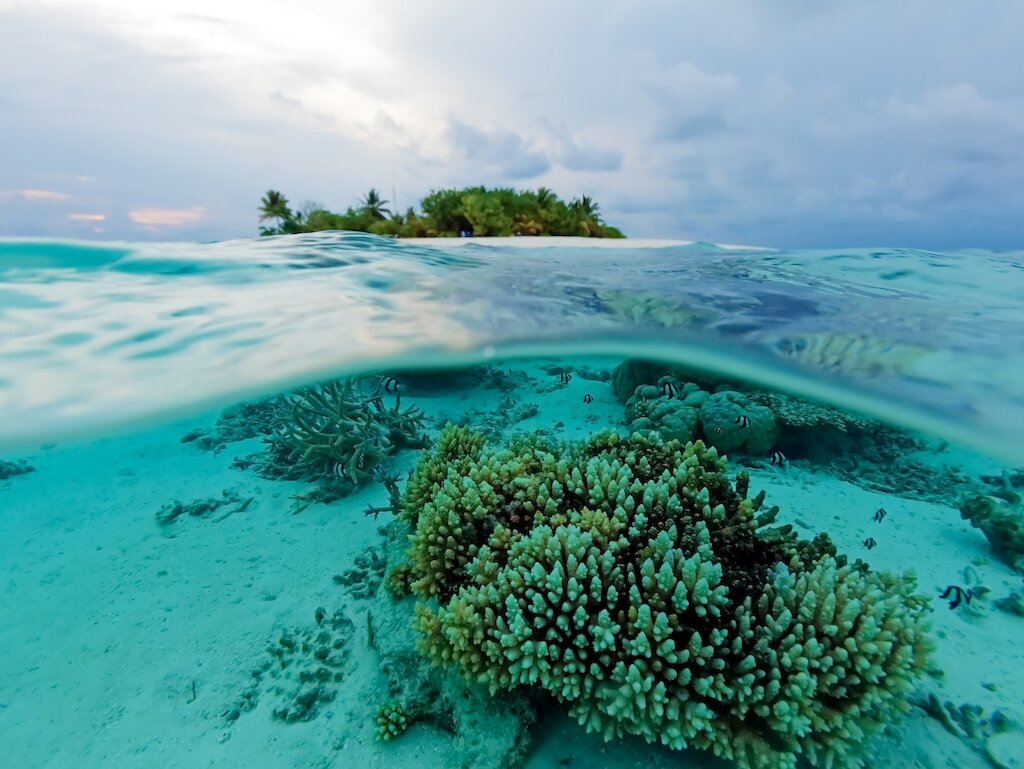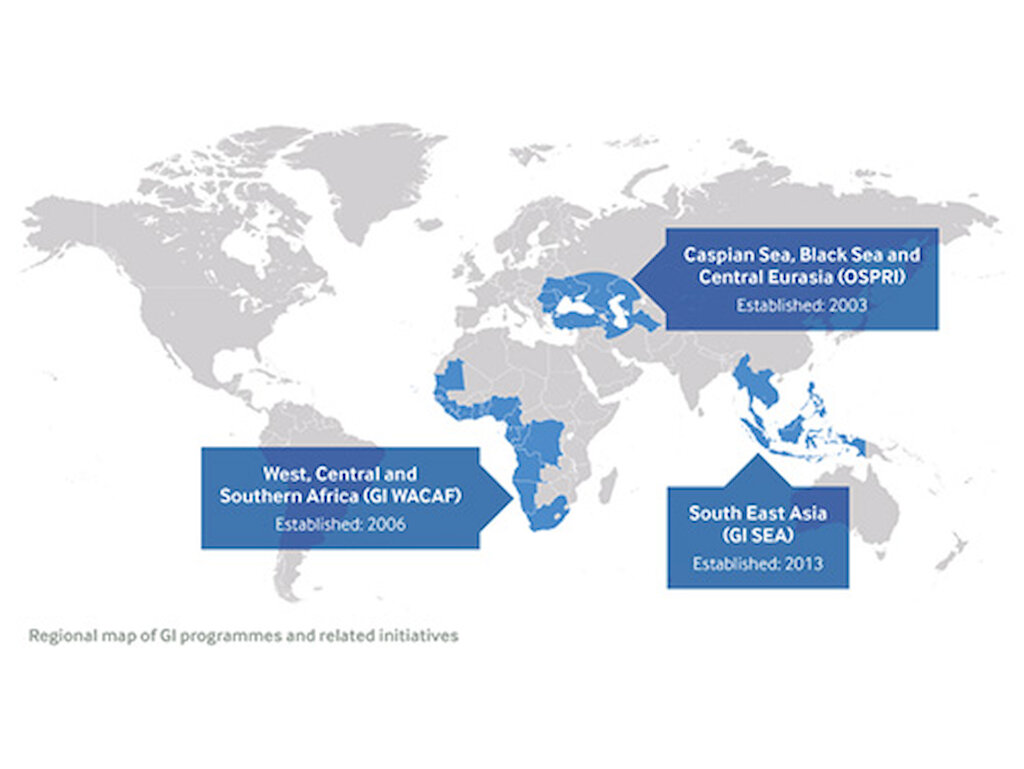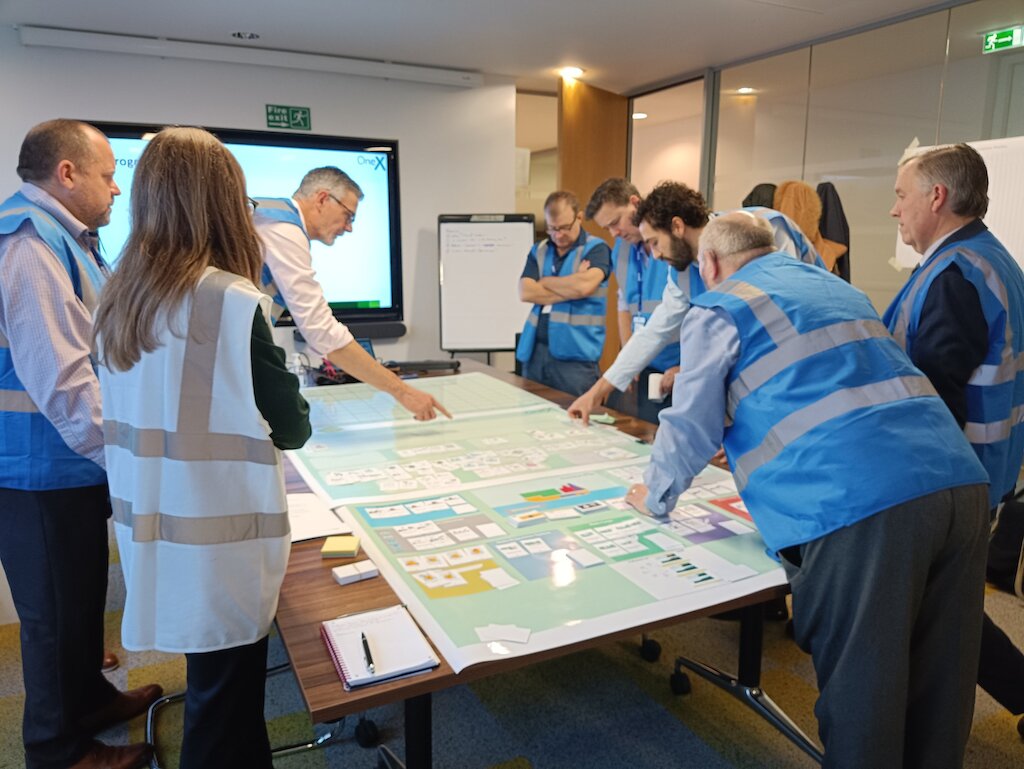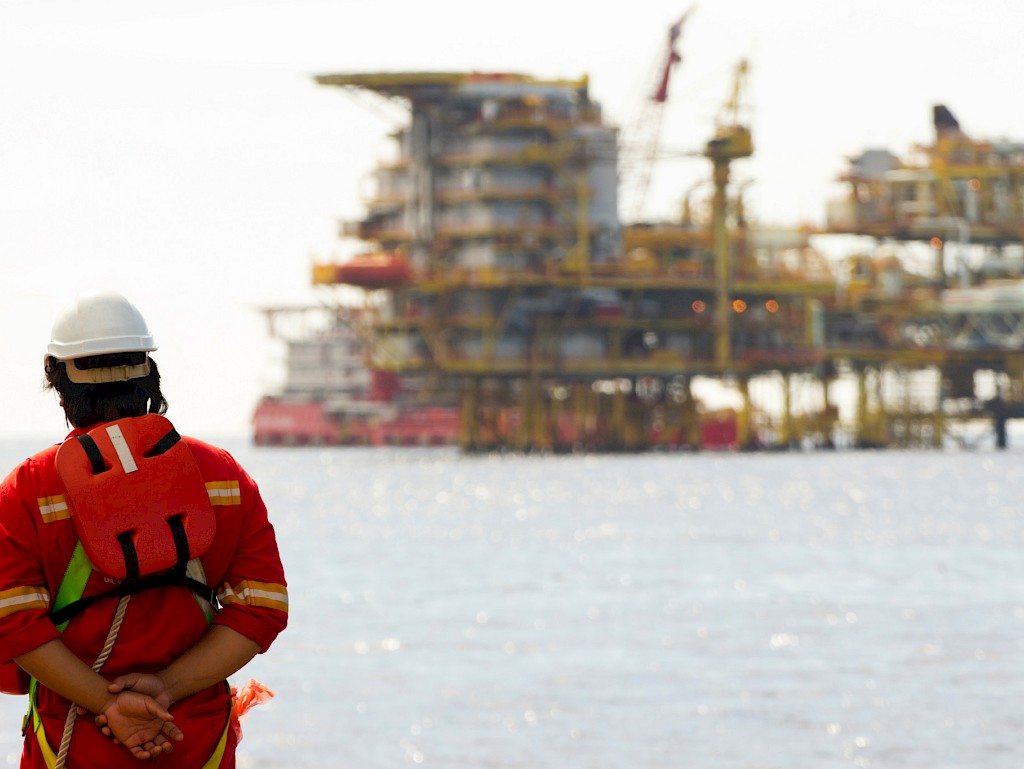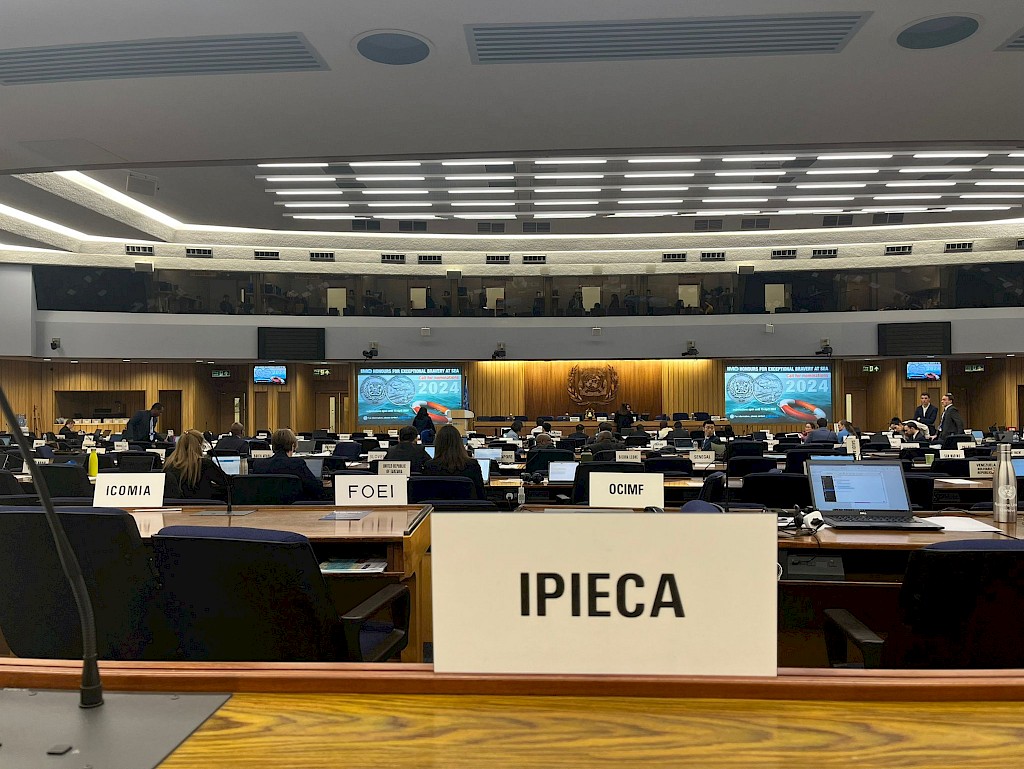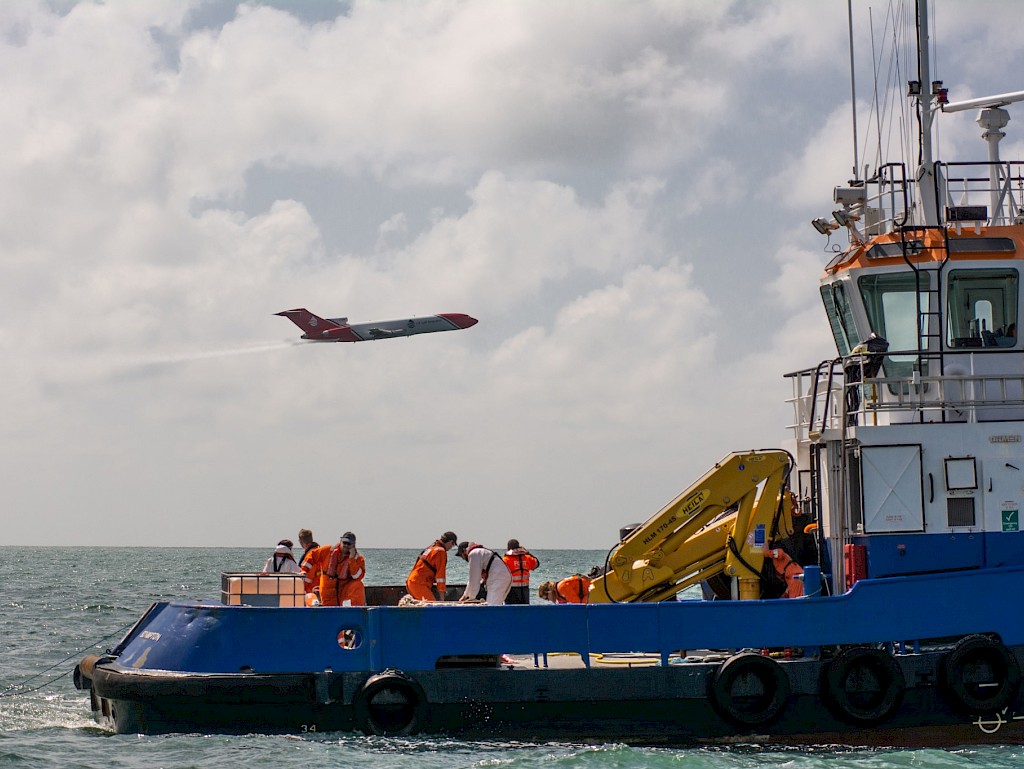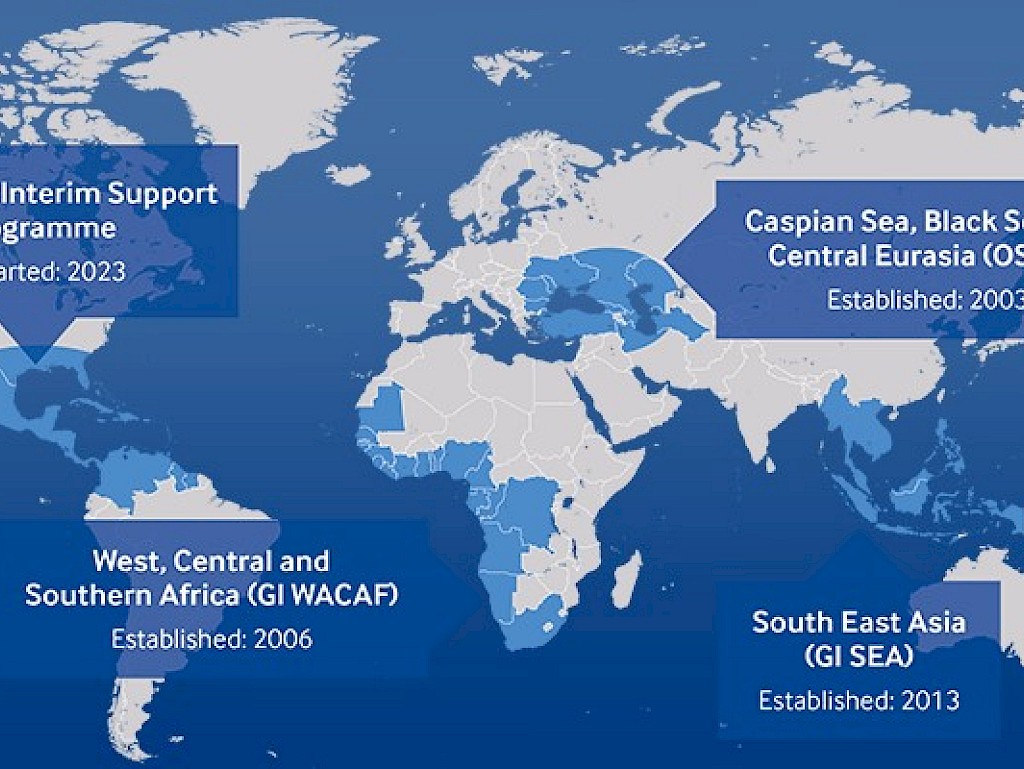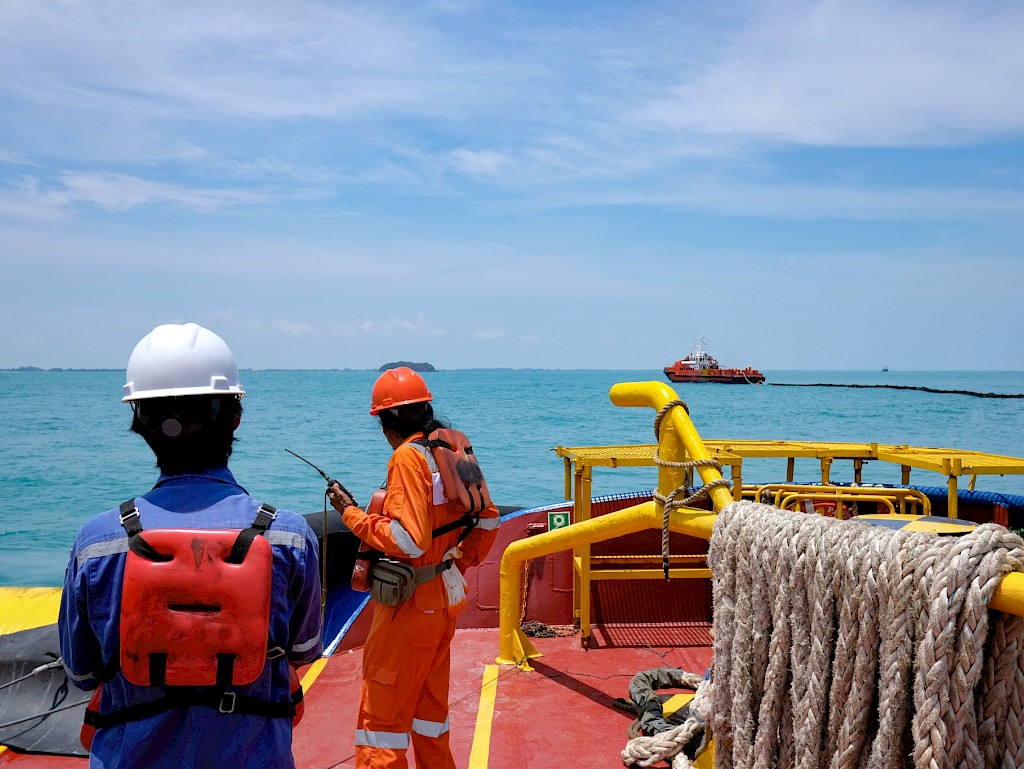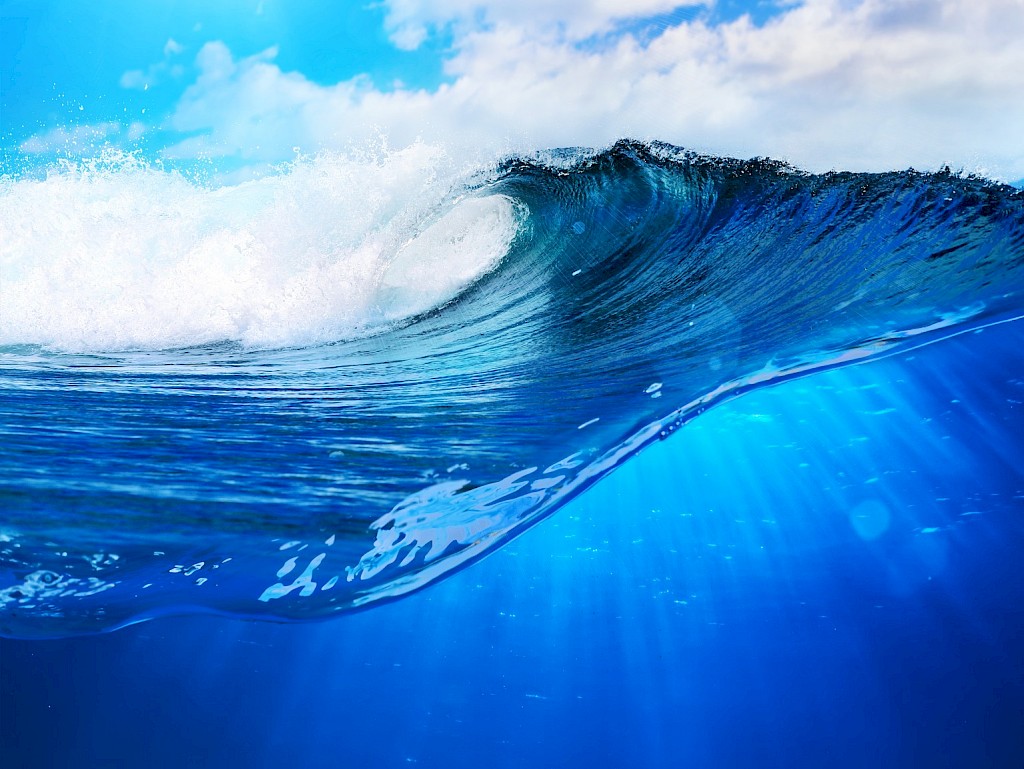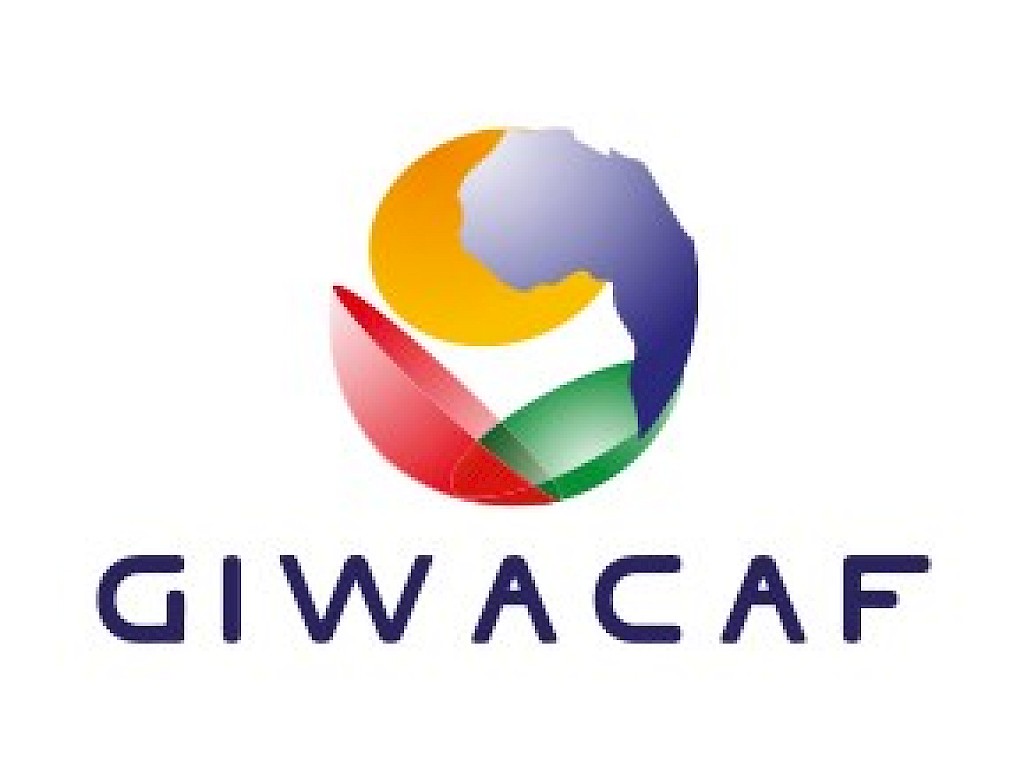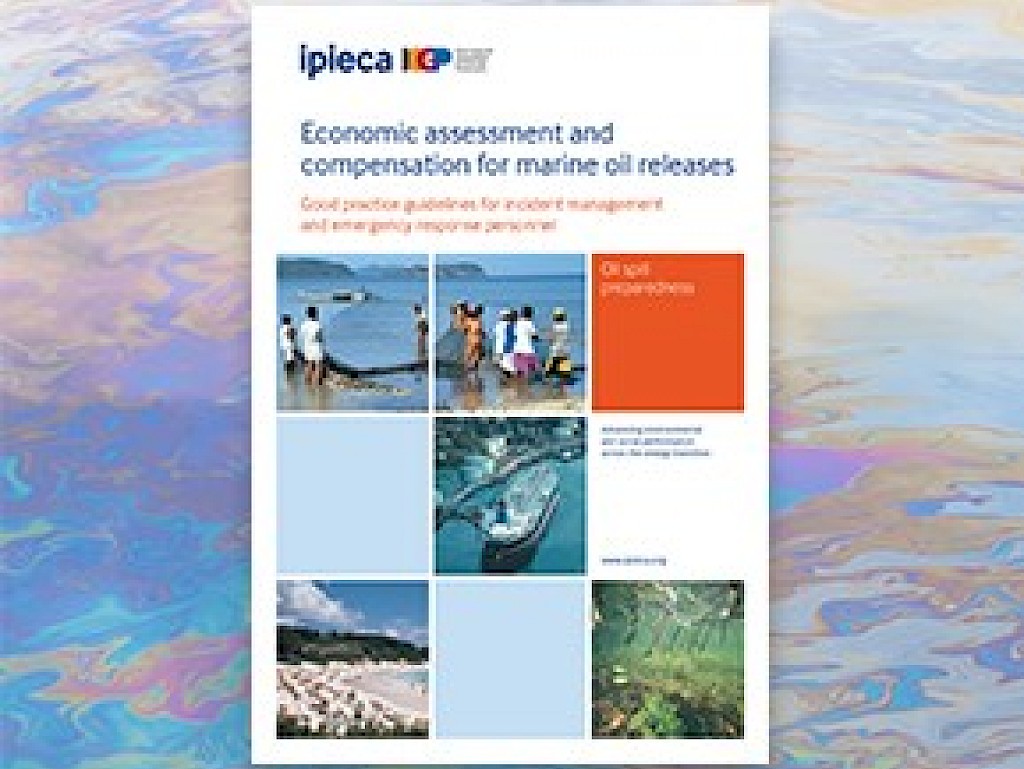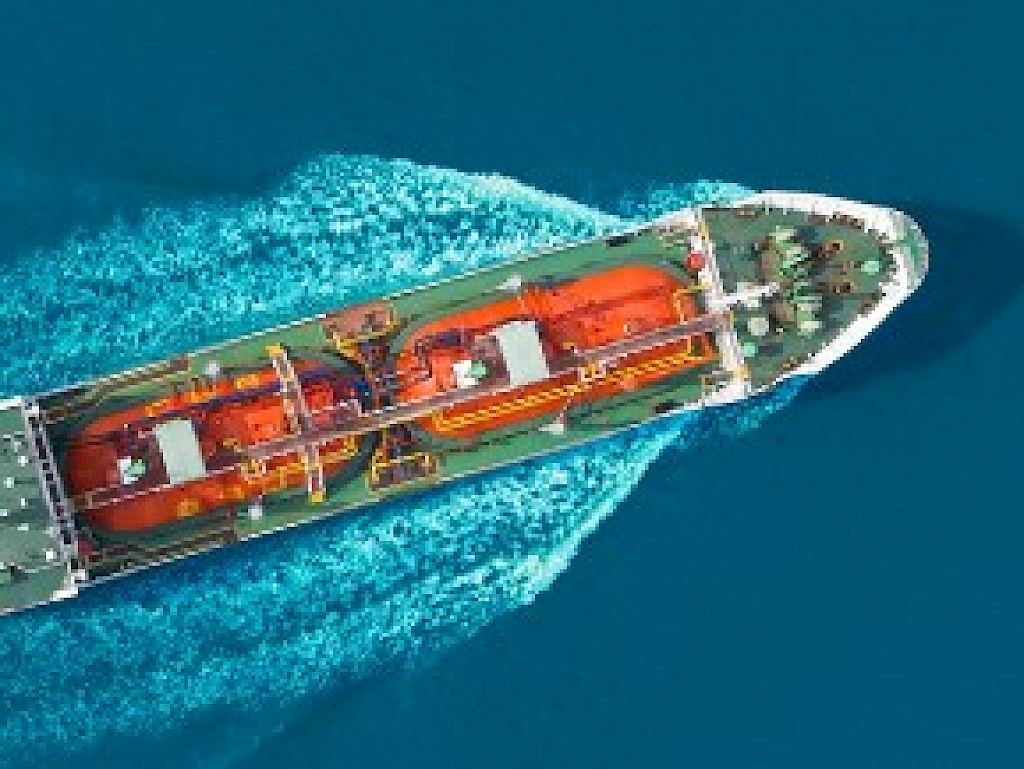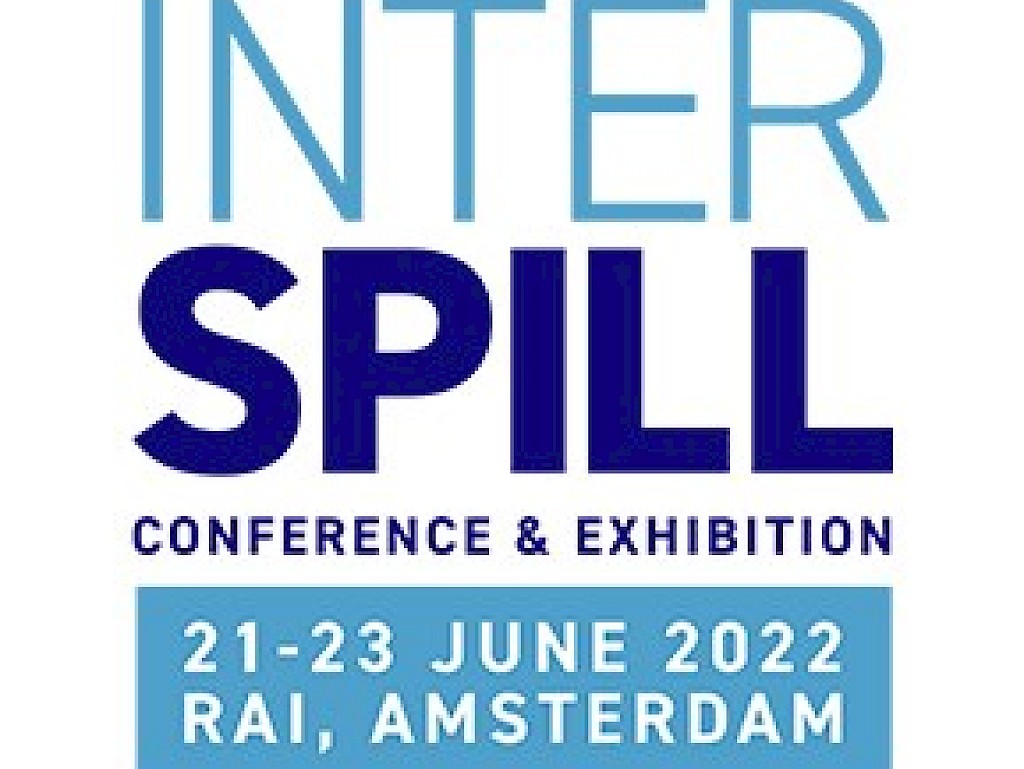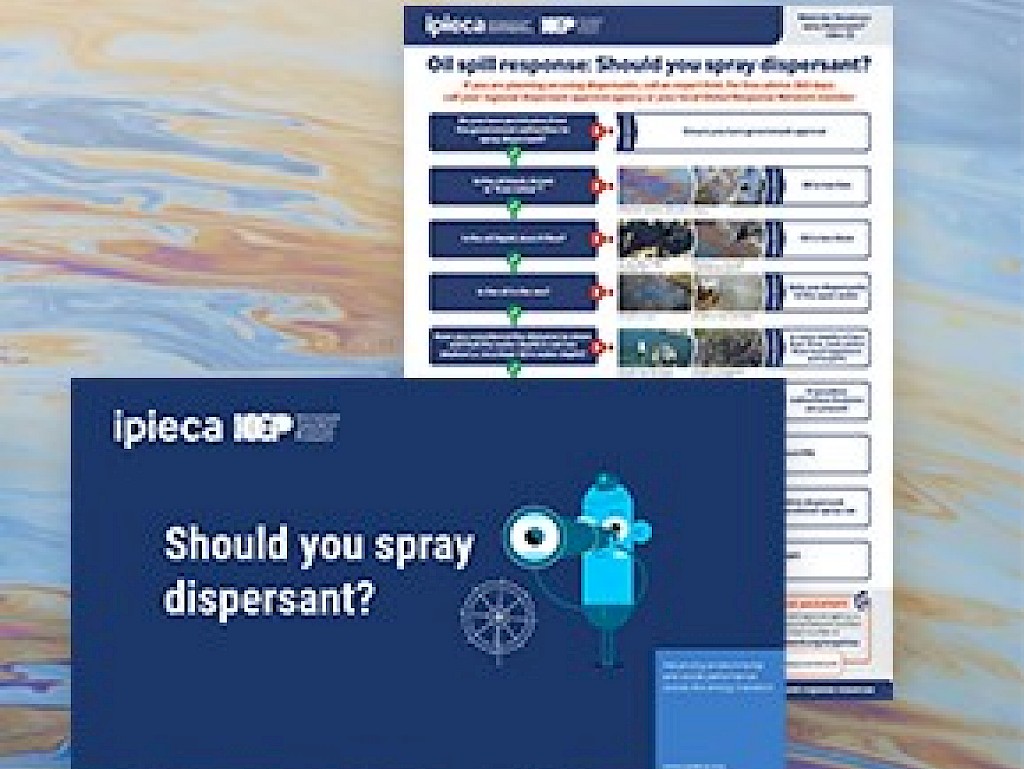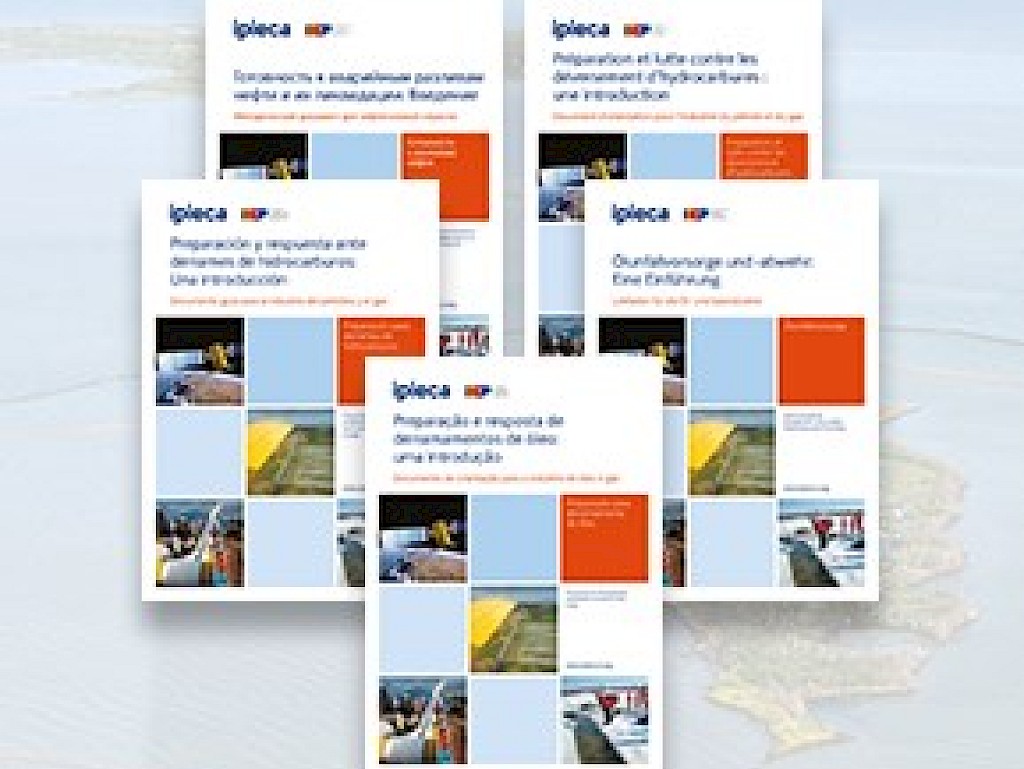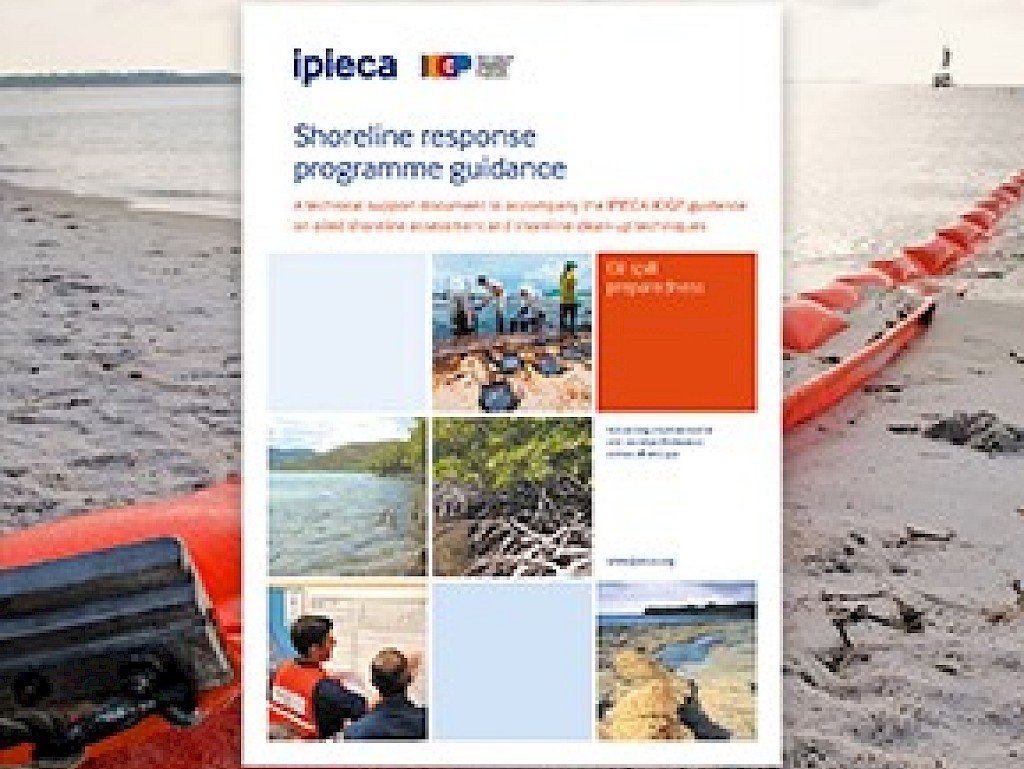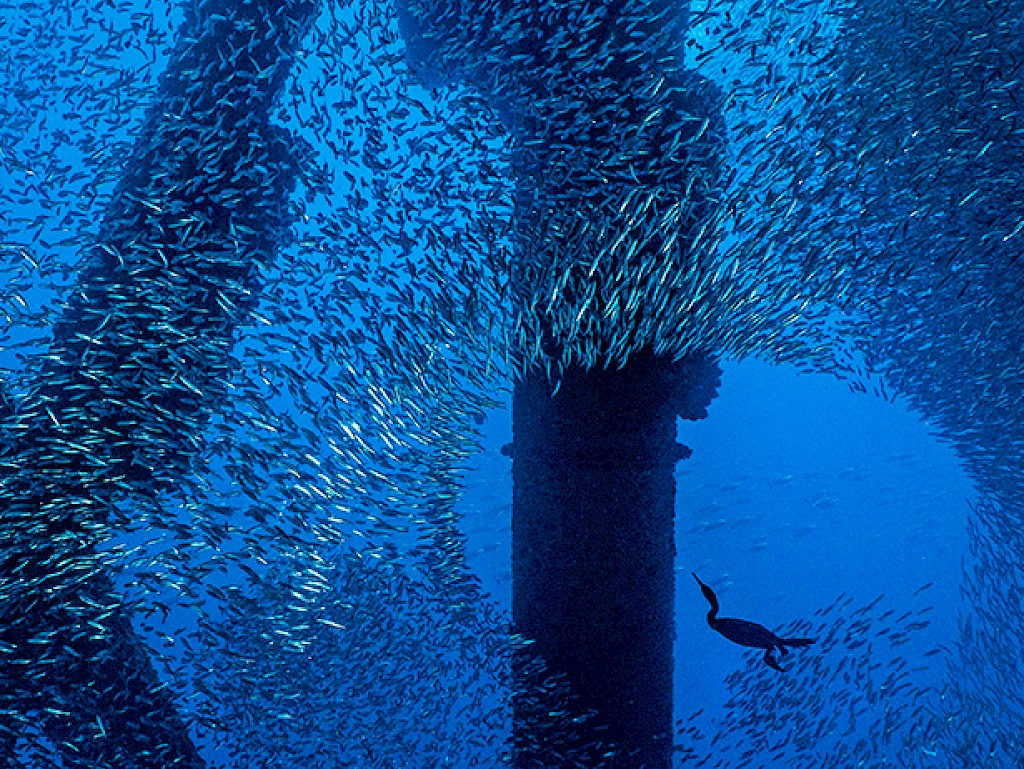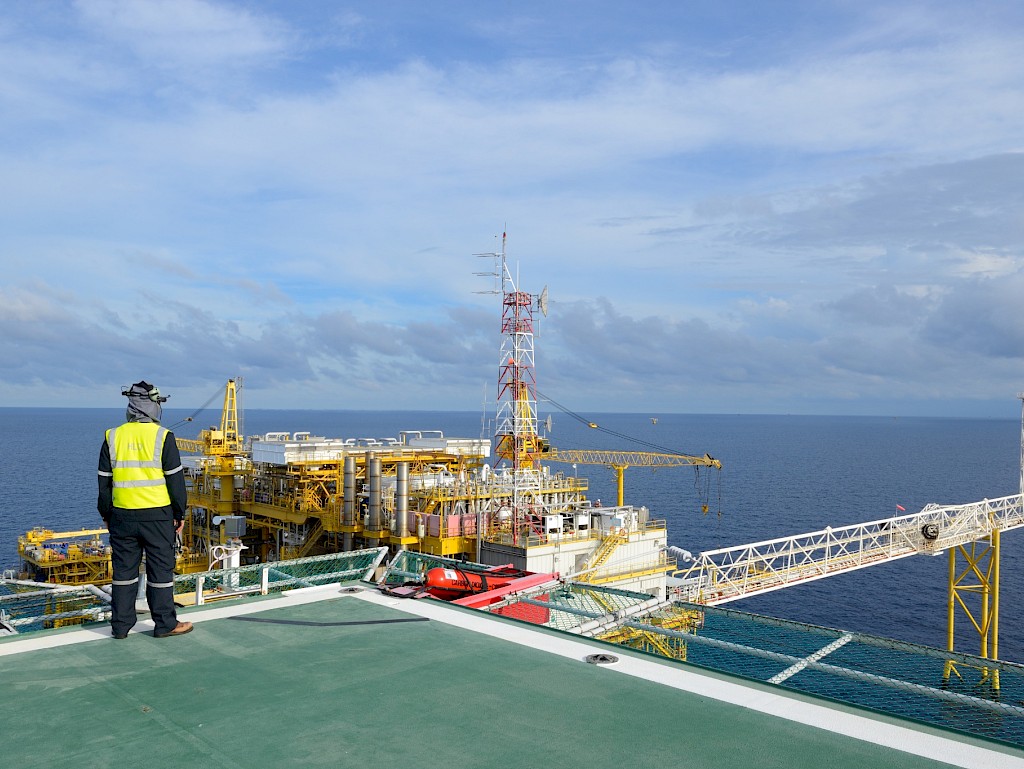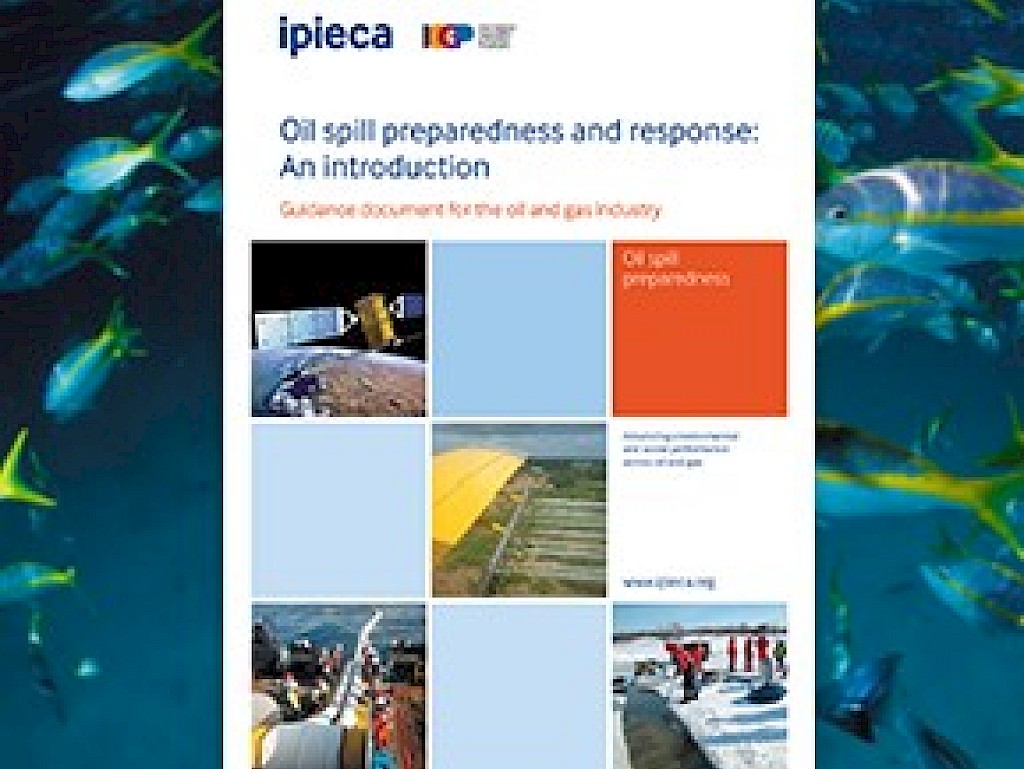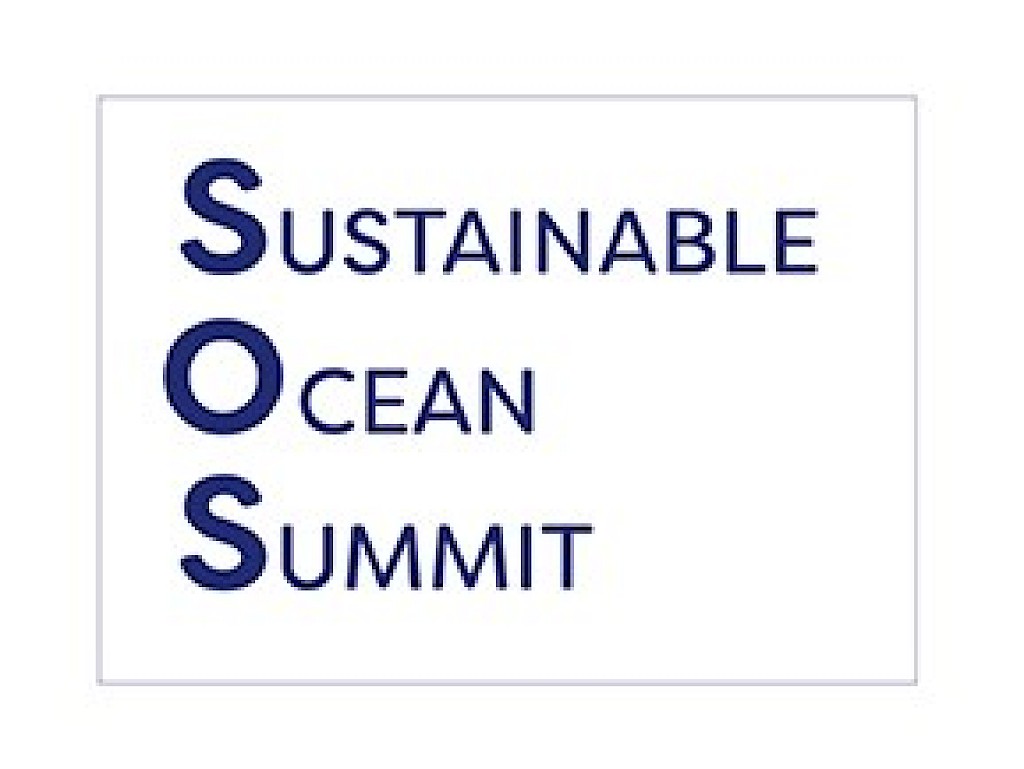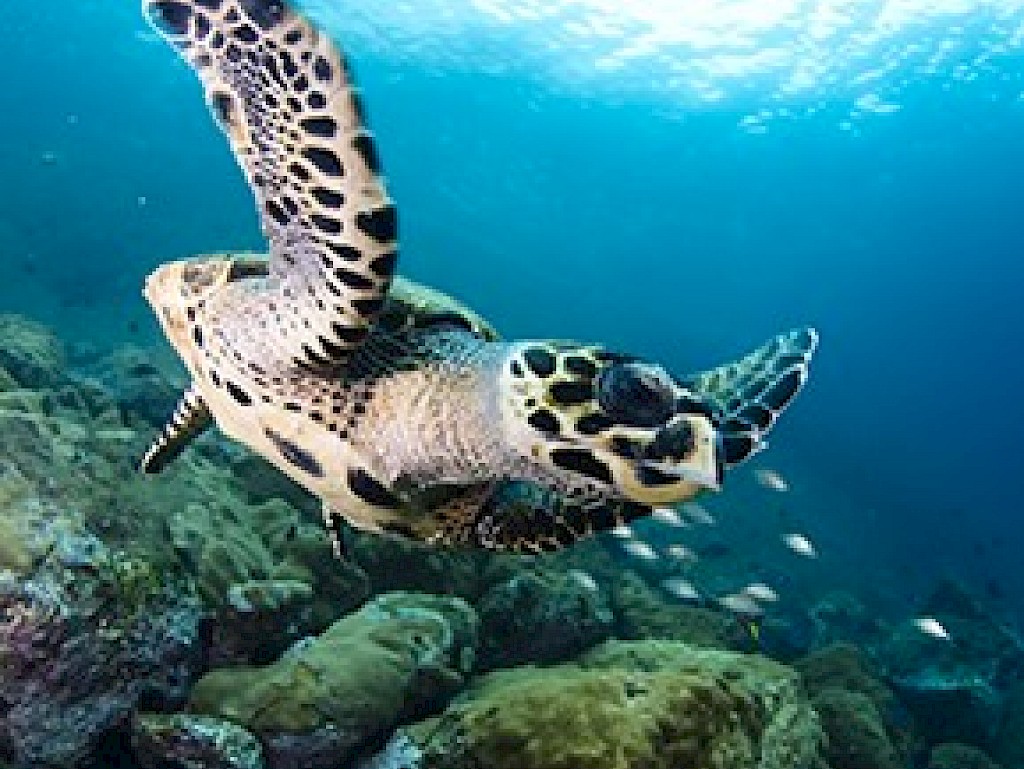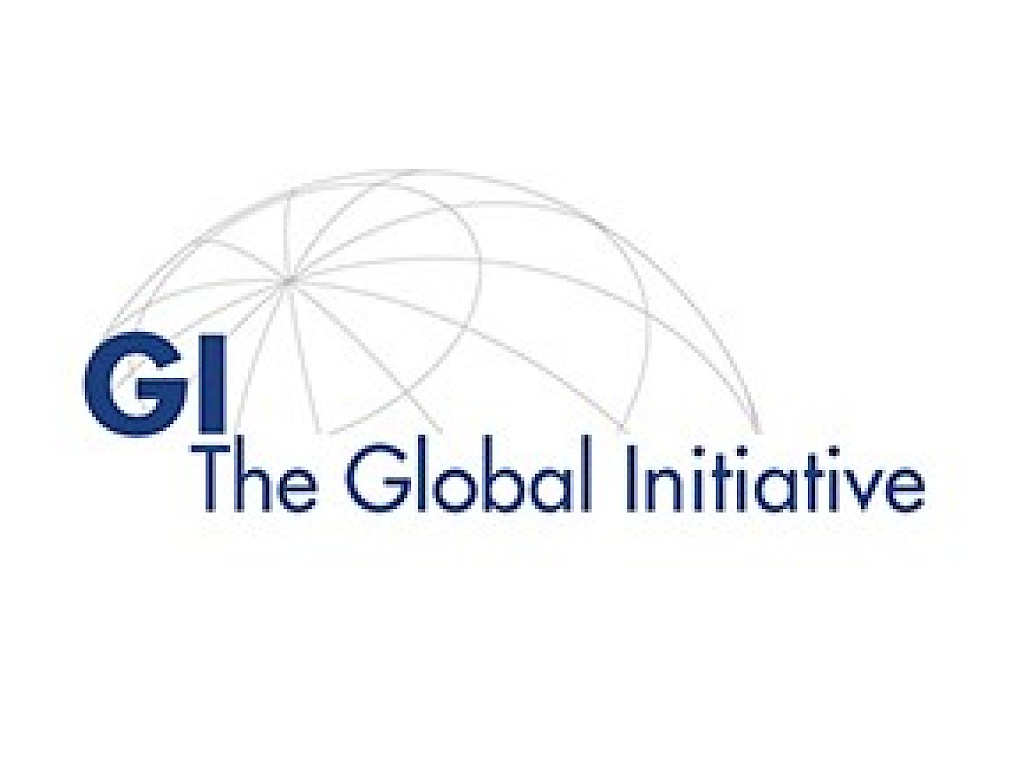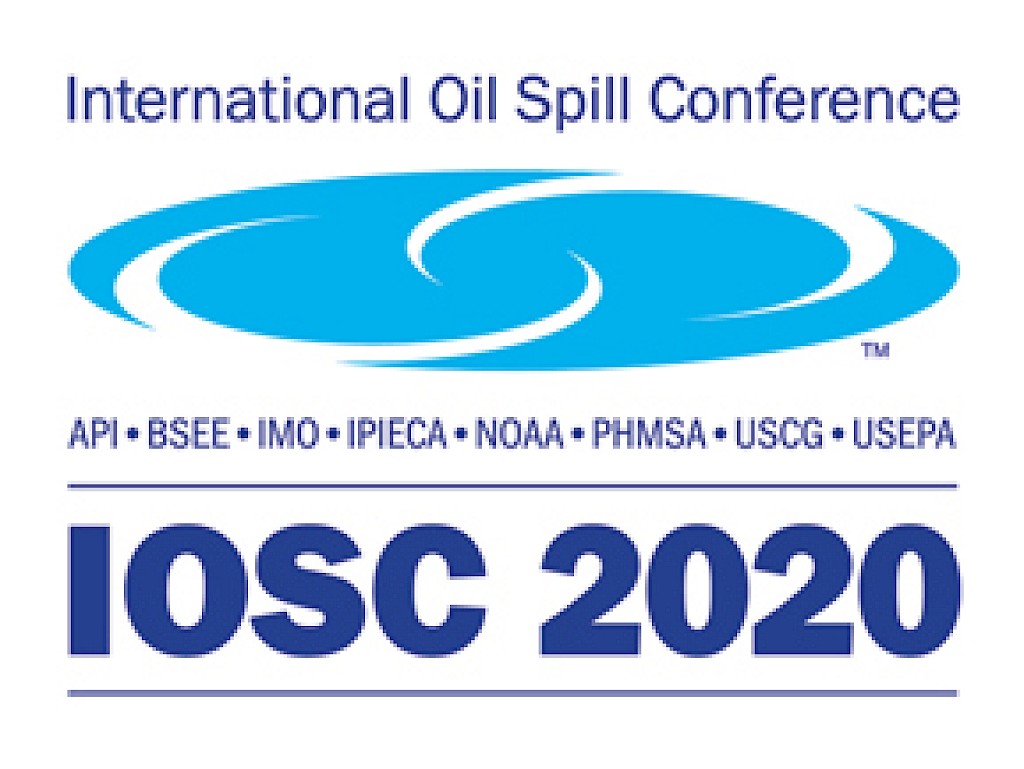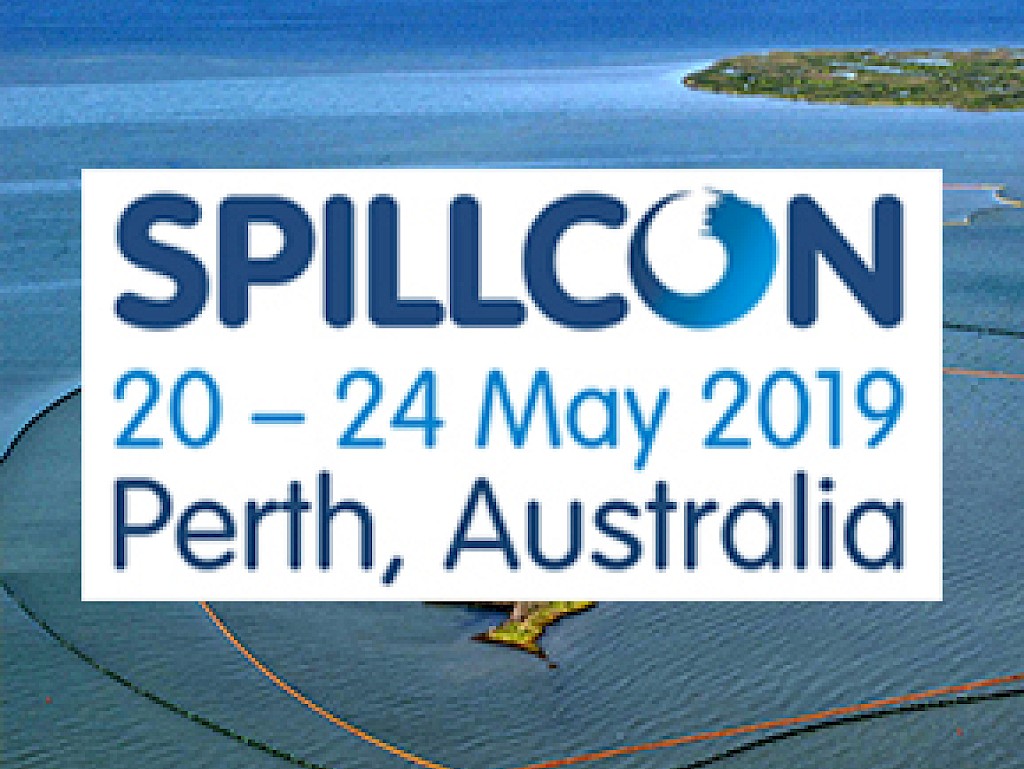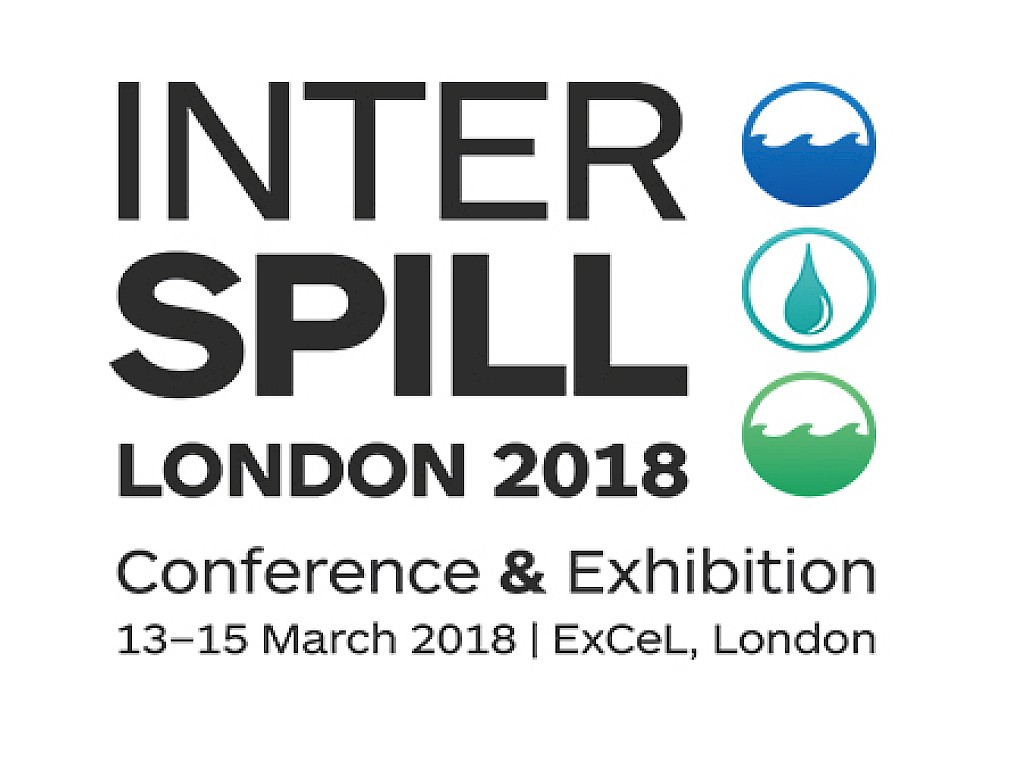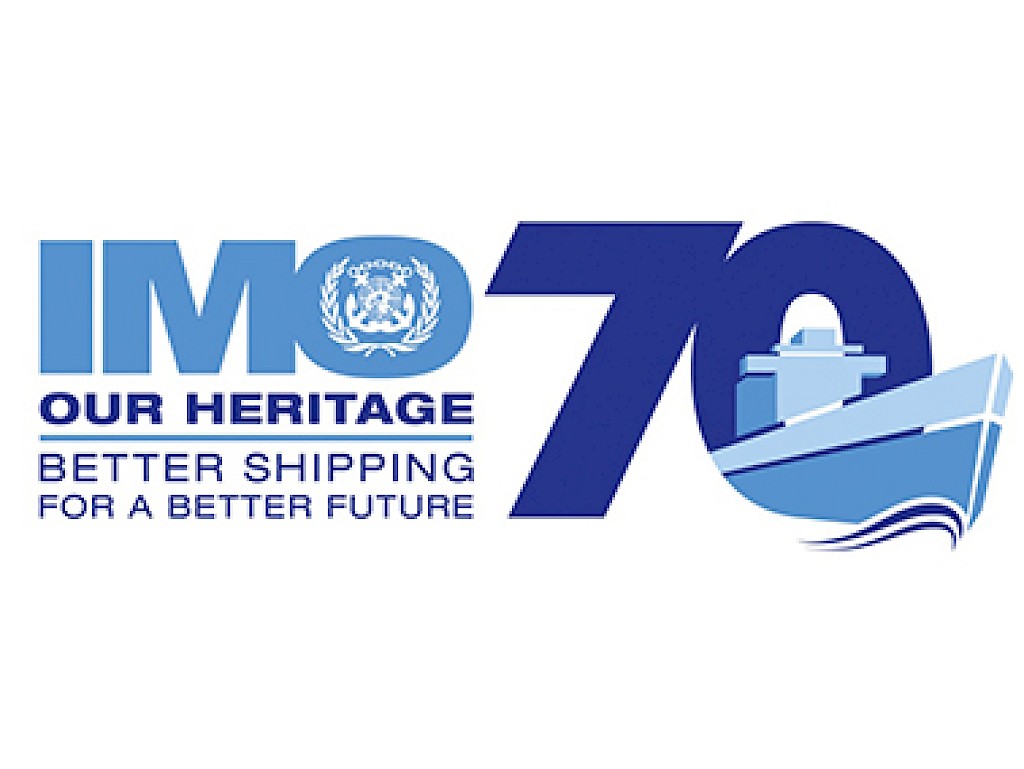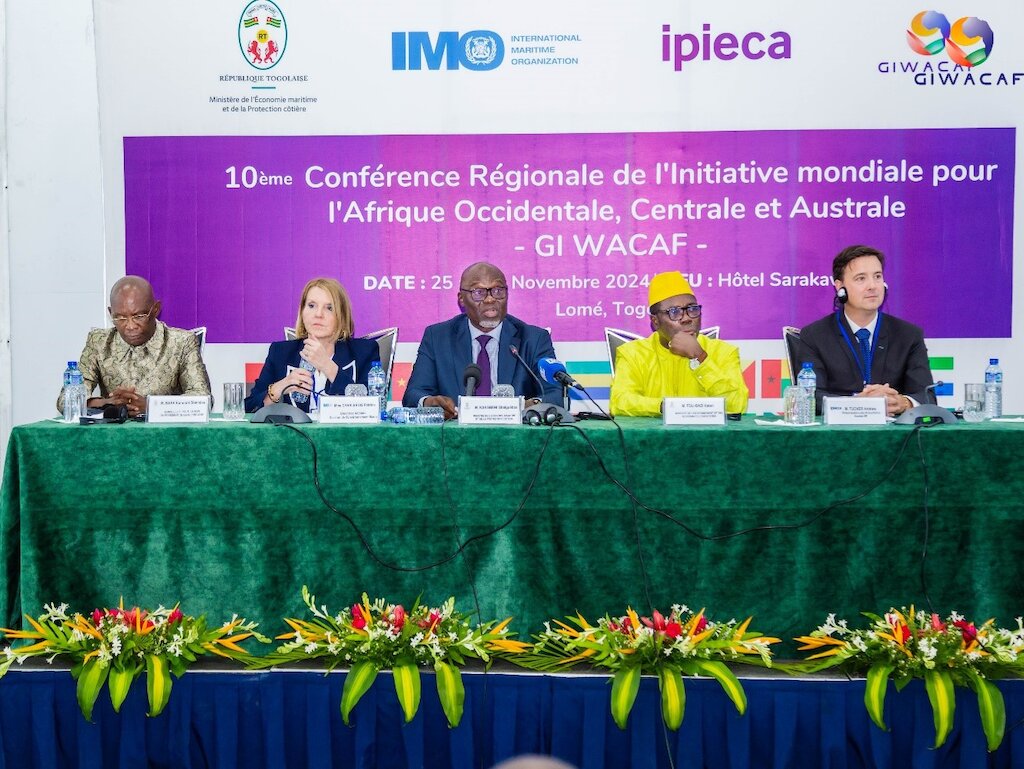
Taking place in Togo, the conference brought together 120 participants, including key government and industry representatives from 20 African countries to share good practice and provide technical support to enhance oil spill preparedness and response.
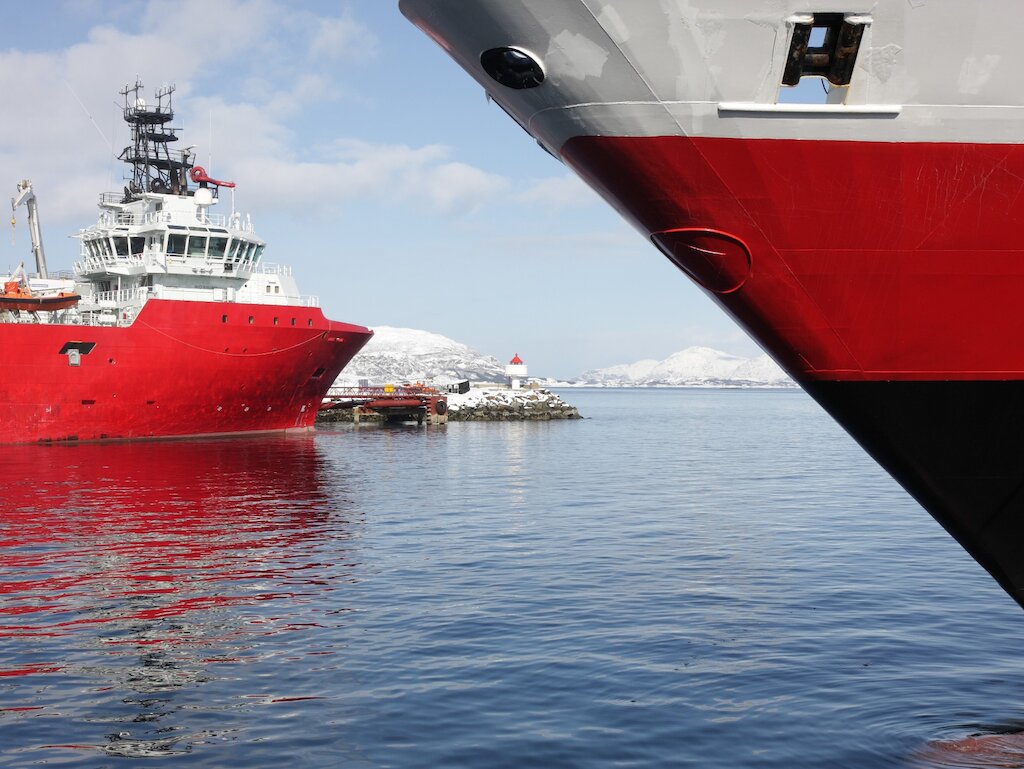
26 September is World Maritime Day 2024. This year’s theme ‘Navigating the future: safety first’ reflects the IMO's work to enhance maritime safety and security, in tandem with the protection of the marine environment. The theme also provides the opportunity to focus on the safety implications arising from the introduction of alternative fuels including measures to reduce GHG emissions from ships.
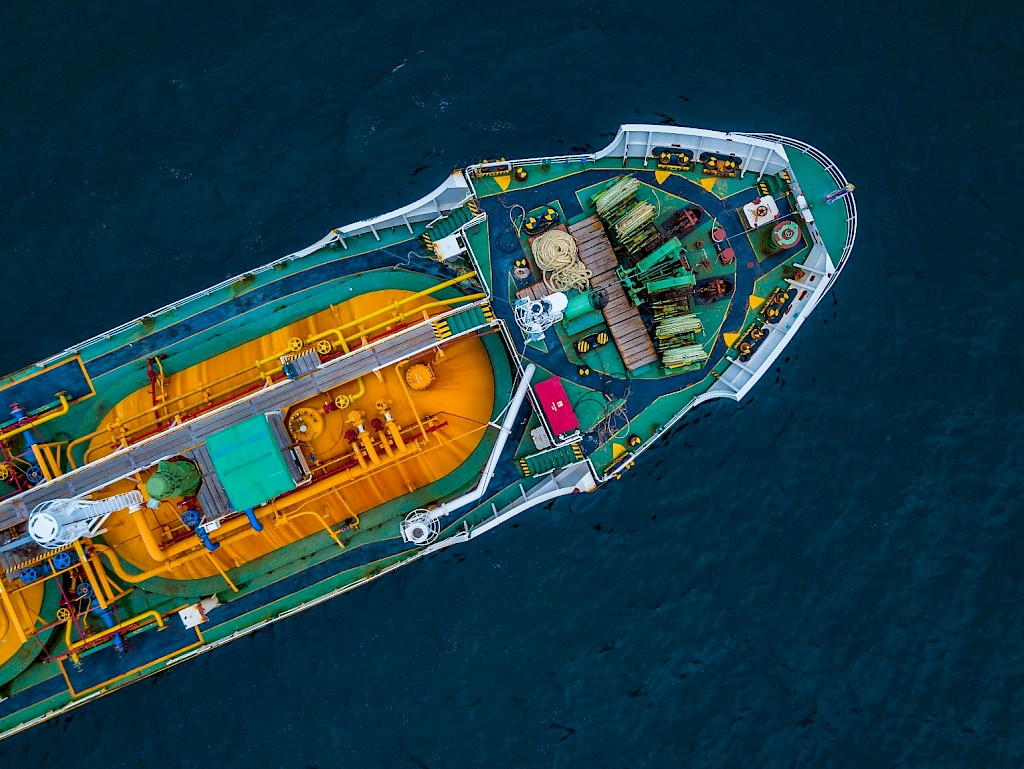
This year's theme, 'MARPOL at 50 - our commitment goes on', reflects the organization's history of protecting the environment from the impact of shipping. Ipieca works to support MARPOL through a range of expertise around technologies, GHG emissions reduction, marine spill preparedness and response, health and safety.
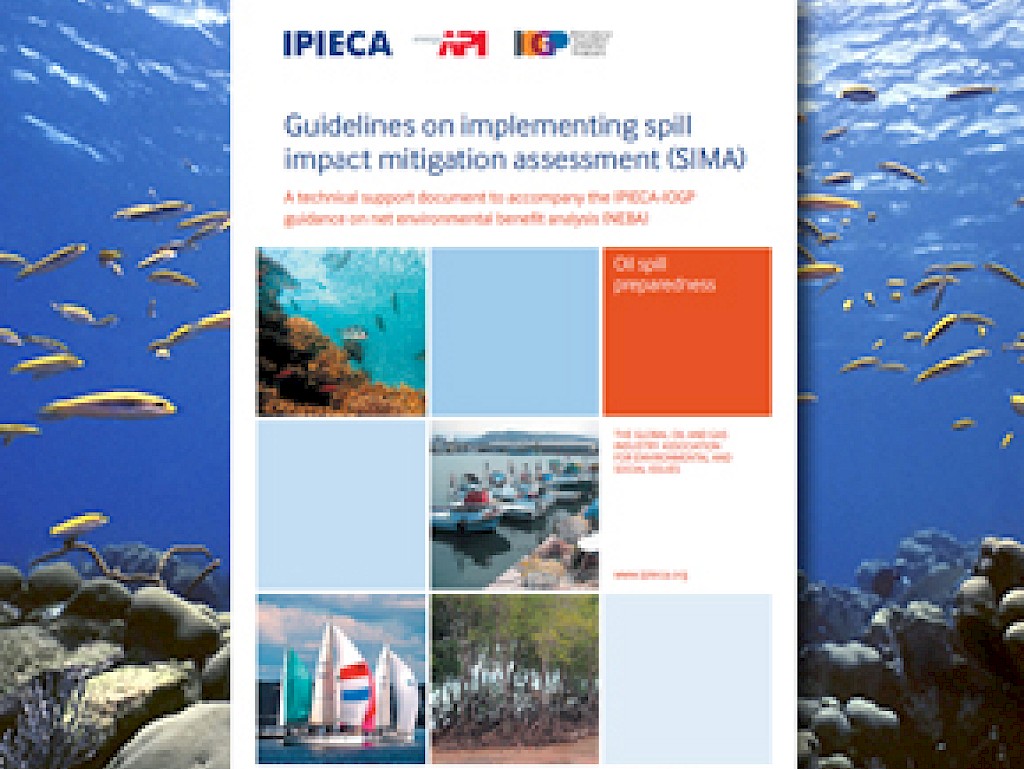
Ipieca, API and IOGP have released a new publication -Guidelines on implementing spill impact mitigation assessment (SIMA)- produced in support of the Ipieca-IOGP guidance on net environmental benefit analysis (NEBA). A key objective for any oil spill response is to minimize the impacts to ecological, socio-economic and cultural resources at risk through the development of a safe and effective response strategy.
